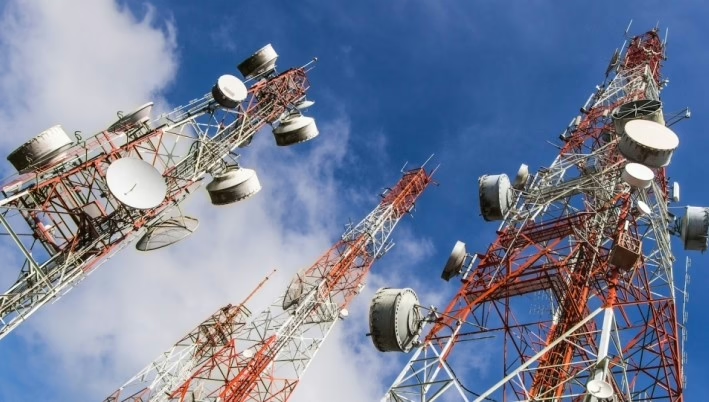Global Outcry Over Deadly Double-Strike on Gaza Hospital Claims Lives of Five Journalists
strike“>
Tragic Incident at Nasser Hospital in Khan Younis
On Monday, a devastating double strike targeted Nasser Hospital in Khan Younis, located in southern Gaza, resulting in the deaths of five journalists, several medical personnel, and numerous civilians. The Palestinian Ministry of Health reported that the attacks claimed at least 20 lives and left many others wounded. Eyewitnesses described the assault as a “double-tap” operation-two successive explosions occurring minutes apart-striking a hospital balcony frequently used by journalists to cover the conflict.
Journalists and Medical Staff Among the Casualties
Dr. Mohammad Saqer, the hospital’s spokesperson and head nurse, confirmed the fatalities included five journalists and four healthcare workers. The journalists killed were Mohammad Salama (Al Jazeera), Hussam Al-Masri (Reuters contractor), Mariam Abu Dagga (Associated Press and Independent Arabic), Moath Abu Taha (freelance reporter), and Ahmed Abu Aziz (freelancer). Additionally, Gaza’s Civil Defense reported the loss of one of its members during the attack.
Chaotic Scenes Captured on Video
Footage from the site shows medical teams and journalists documenting the aftermath of the initial strike when a second blast suddenly erupted, plunging the area into chaos and panic. The harrowing visuals underscore the dangers faced by frontline reporters and emergency responders in conflict zones.
Israeli Military Response and Admission
The Israel Defense Forces (IDF) acknowledged conducting the strike, with spokesperson Brig. Gen. Effie Defrin expressing regret over civilian casualties, including journalists. He emphasized that the IDF does not deliberately target non-combatants, citing the complexity of the operational environment and accusing Hamas of exploiting hospital facilities for military activities.
According to an Israeli security source, the IDF had identified a surveillance camera on the hospital roof allegedly used by Hamas operatives. Authorization was granted to neutralize this target; however, two tank shells were fired-one destroyed the camera, while the other tragically struck first responders who had arrived at the scene.
Official Reactions and Promises of Investigation
Prime Minister Benjamin Netanyahu publicly acknowledged the deaths of journalists and emergency personnel, describing the event as a tragic accident. He assured that a comprehensive investigation is underway, reaffirming Israel’s respect for journalists, medical workers, and civilians.
International Condemnation and Calls for Accountability
The Foreign Press Association covering Israel and the Palestinian Territories condemned the attack, labeling it one of the deadliest assaults on international media professionals since the Gaza conflict escalated. The incident marks a grim turning point in the risks faced by journalists in the region.
United Nations Secretary-General António Guterres strongly denounced the killings, urging all parties to ensure the protection of civilians, journalists, and healthcare workers at all times. The Committee to Protect Journalists (CPJ) accused Israel of unlawful killings and potential war crimes.
Doctors Without Borders (Médecins Sans Frontières) also condemned the strikes, highlighting that the hospital was the only partially operational public medical facility in southern Gaza, where staff had been forced to take shelter amid repeated bombardments.
Media Organizations Decry Targeting of Journalists
The Palestinian Journalists Syndicate described the attack as a brutal massacre, accusing Israeli forces of intentionally targeting media personnel. Since the onset of the Gaza conflict, CPJ reports that 192 journalists have lost their lives, raising urgent concerns about press freedom, accountability, and adherence to international humanitarian law.
Context and Broader Implications
This tragic event underscores the escalating dangers faced by journalists covering the Gaza war, where the line between combatants and civilians is increasingly blurred. The use of “double-tap” strikes, which target first responders after an initial attack, has been widely criticized by human rights organizations as a violation of international law.
As the conflict continues, the international community faces mounting pressure to enforce protections for journalists and medical workers, ensuring that humanitarian spaces like hospitals remain safe zones amid warfare.
Source: Linda Ikeji Blog























0 Comments